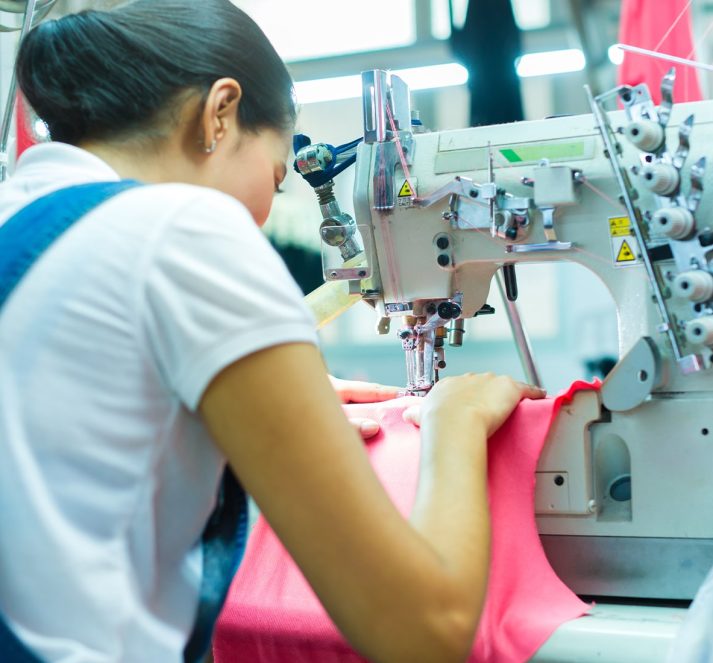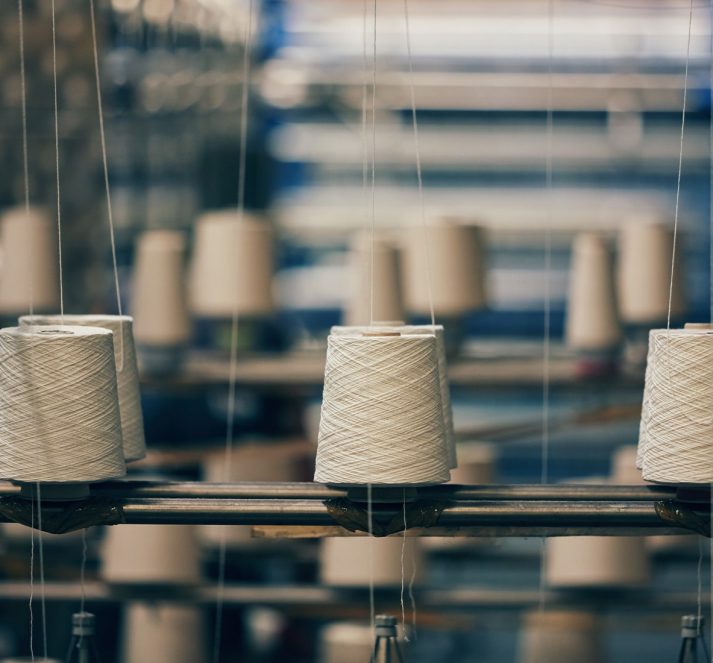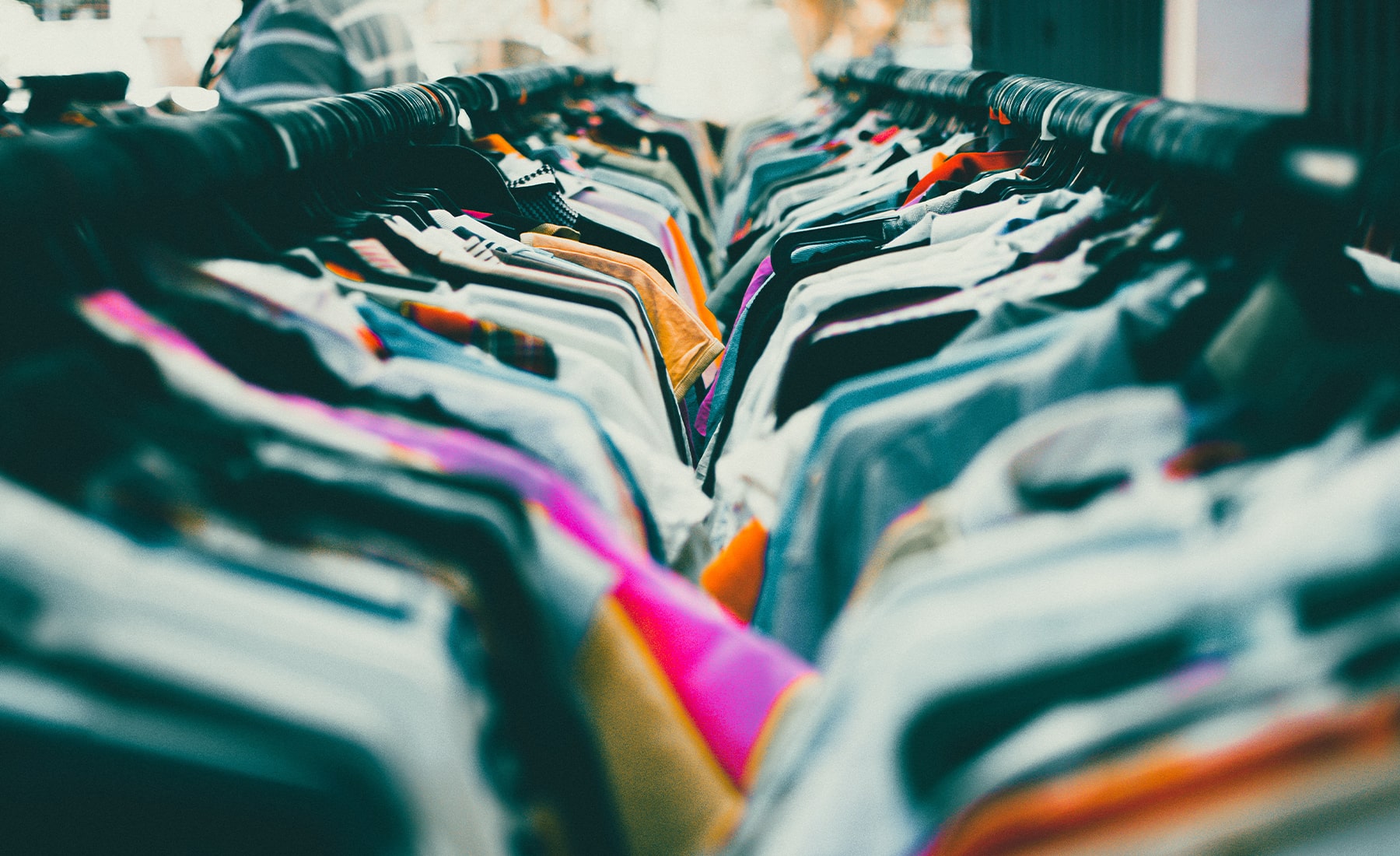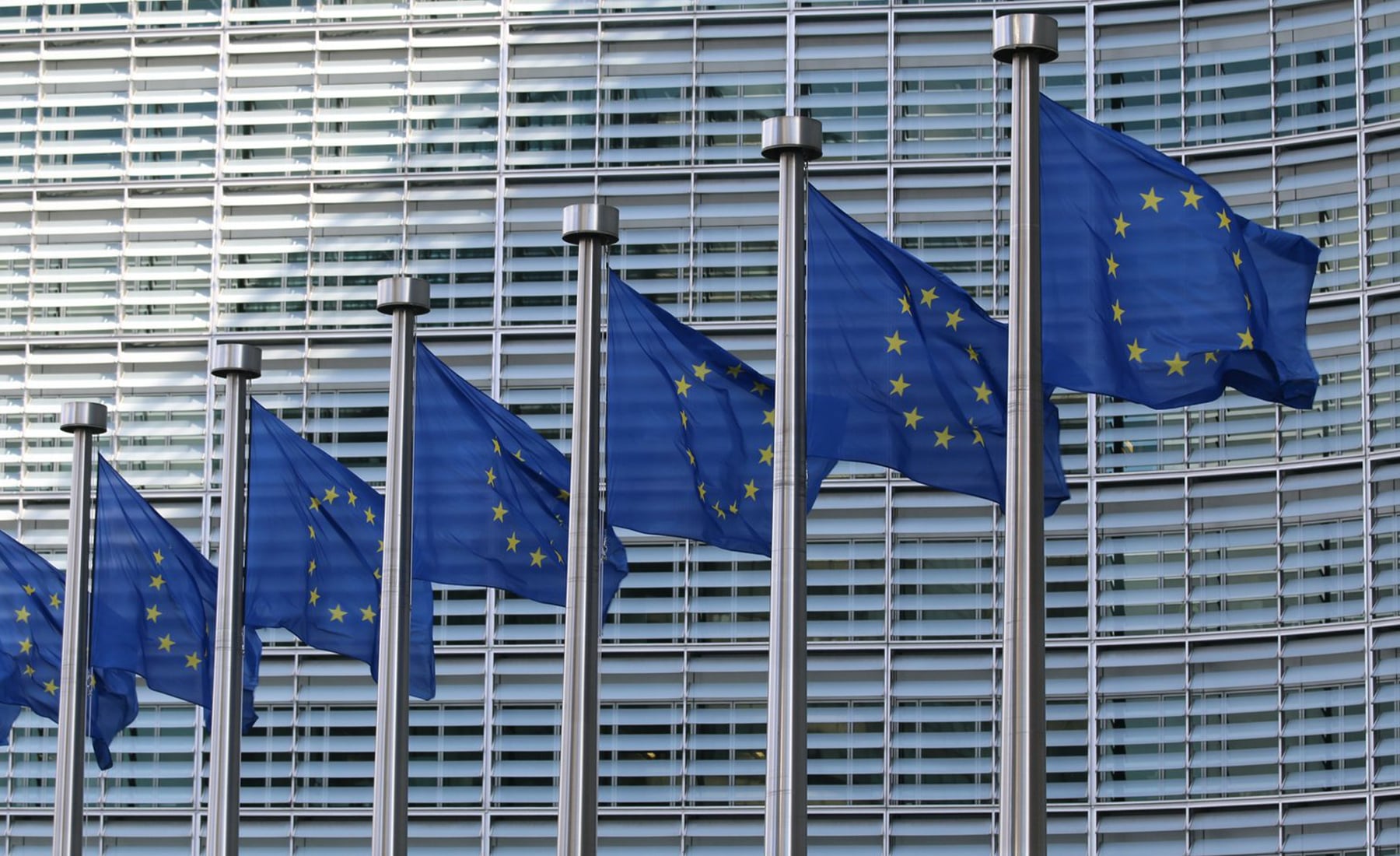CASE STUDIES
Textile Exchange’s unified standard: integrating human rights

Textile Exchange’s unified standard: integrating human rights
Textile Exchange, a global non-profit industry initiative, commissioned Kumi to support the development of a new standard for companies operating in textile supply chains. Textile Exchange had several standards, primarily focused on environmental issues, and wanted to develop a unified standard that would integrate human rights and livelihoods factors, and align with the OECD Due Diligence Guidance for Responsible Business Conduct.

The objectives
To meet the objectives, Kumi reviewed relevant industry standards to identify good practice and common challenges in integrating human rights considerations and aligning with the OECD recommendations. The findings of this exercise were combined with Kumi’s extensive experience of assessing and advising standards on their alignment with the OECD, to lead to a set of recommended next steps for Textile Exchange in developing the unified standard and its assurance process. Kumi also conducted an internal workshop for stakeholders at Textile Exchange to ensure that knowledge about the new approach was disseminated.
Actions
To align with the OECD recommendations, the new unified standard will require companies to develop management systems for responsible business conduct. While Textile Exchange will support and facilitate its members to conduct human rights due diligence, it is the members themselves that will be required to take responsibility for their due diligence efforts and prepare for the European legal requirements for supply chain due diligence, such as the German LkSG and the EU Directive on Corporate Sustainability Due Diligence. As such, companies will be required to develop processes to identify and manage human rights risks in their operations and supply chains.
Textile Exchange used Kumi’s recommendations to inform the development of its new unified standard, which will be finalised by the end of 2023.


